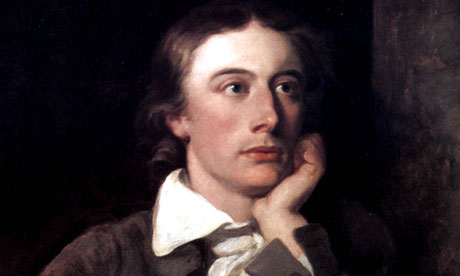On the second day of the Jaipur Literary Festival, Hindi writer Uday Prakash, at his book reading, explained why there's need for pessimism in literature. On being asked by a listener why his stories often end in despair, he spoke of the "author" being an intersecting point of the sociological aspects of any society. The author is the most marginalised, the lowest of the lowest, or to borrow from Prakash, "a dalit". So the author, an adivasi of his own language, the most powerless of all creatures, inherits the pain from his sufferings and puts them to words. Truth is essential and it is always disturbing, the writer concedes, and so speaks his literature.
The world which Prakash might have been trying to convey through his writing, the world we exist in is closer in semblance to Dystopia than the idea of Utopia that Plato had proposed, for the latter seems far beyond implementation. What Prakash had given an impactful prologue to, materialised into a larger debate the next day, which was also India's republic day.
"Republic of ideas", a session hosted by Urvashi Butalia with Tehelka's editor Tarun Tejpal, historians Patrick French and Richard Sorabji, political critic Ashis Nandy and IBN 7's editor Ashutosh as panelists started with much promise with the discussion being majorly around the idea of an ideal republic — what was conceived and what has been achieved by the Indian constitution in the past sixty years.
French began with how the idea of India of the founding fathers was rather practical and our constitution, however criticised, has no crater-sized potholes. In fact, by allowing things like right to suffrage for every Indian, our decision makers took a step ahead of the much older democracies, like that of France which did not allow its women to vote till 1944. Tejpal added the Hindu Marriage act of 1956, and also cited other legislations being in favour of meliorating the conditions of the oppressed. "The founding fathers of this nation weren't naive idealists. They were visionaries," said Tejpal, "naïve idealists were Hitler, Mao Zedong and Stalin, who, in their bid to create a perfect world, killed thousands of people."
From that statement of Tejpal began a search for imperfection in our perceived Utopias, which eventually ended by gifting this year's JLF its first share of potent controversy, but that came later. Tejpal, addressing Ashutosh who has written a book on the Anna Hazare movement, 13 days that awakened India, pointed out that a sizeable population — be it a panel of five or a rally of five thousand at the Jantar Mantar — does not represent the voice of the nation. Then whose utopia do we fight for?
The whole article can be found in The Sunday Guardian














